In the vast expanse of wellness products and health trends, hyper oxygenated water has carved a niche for itself, promising a plethora of benefits that range from enhanced athletic performance to improved recovery times. But what exactly is hyper oxygenated water, and does it live up to the hype? This blog delves deep into the science behind this intriguing substance, explores its purported benefits, and separates the hard facts from the prevalent myths.
Understanding Hyper Oxygenated Water
Hyper oxygenated water, often referred to as superoxygenated water, is essentially water that has been infused with a higher than normal amount of oxygen. The process involves pressurizing water with oxygen so that it carries more of this essential gas than it would under normal atmospheric conditions. Proponents of hyper oxygenated water claim that because the body absorbs oxygen from water in the digestive tract, drinking this enhanced water can improve oxygen delivery to the cells.
Scientific Backing and Skepticism
The theoretical basis for the benefits of hyper oxygenated water stems from its supposed ability to supply extra oxygen to the bloodstream, thereby enhancing aerobic metabolism and increasing energy production. However, the scientific community remains skeptical. Studies suggest that while the gastrointestinal tract can absorb some gases, the amount of oxygen that can be directly absorbed into the bloodstream via ingested water is minimal. Additionally, the human body is already quite efficient at regulating oxygen levels through normal respiration, making the additional oxygen from water potentially redundant.

Athletic Performance Enhancement
One of the most popular claims associated with hyper oxygenated water is its ability to boost athletic performance. The logic is straightforward: more oxygen should help muscles work harder and for longer. Some small-scale studies have indeed shown marginal improvements in athletic performance metrics such as reduced lactate levels and slightly increased endurance. However, these studies often come with caveats regarding their scale, control variables, and replicability, making conclusive evidence elusive.
Improved Recovery and Health Benefits
Beyond athletic performance, hyper oxygenated water is also touted for its recovery benefits, particularly in reducing muscle fatigue and speeding up recovery times post-exercise. While there are anecdotal reports supporting these claims, scientific research provides a mixed picture. The placebo effect, a powerful and well-documented phenomenon, could also play a significant role in the perceived benefits of hyper oxygenated water.
Moreover, marketers of hyper oxygenated water often cite enhanced detoxification and immune support as benefits. However, detoxification primarily depends on the liver and kidneys, which manage toxins efficiently without requiring additional oxygen from ingested water. As for immune enhancement, while oxygen does play a role in cellular functions, there is no direct evidence linking drinking hyper oxygenated water with improved immune defense.
Debunking Myths
Despite the allure of hyper oxygenated water, it is crucial to address and debunk some of the myths surrounding it. First and foremost is the myth that it can significantly oxygenate your blood. As discussed, the body’s primary mechanism for oxygenating blood is through the lungs, not the digestive system. Drinking oxygenated water does not bypass or enhance this natural physiological process.
Another myth is that hyper oxygenated water can cure or prevent diseases. There is no scientific evidence to support claims that hyper oxygenated water can treat chronic diseases or medical conditions. Such assertions are not only misleading but potentially dangerous, as they might encourage individuals to rely on it rather than seeking proper medical treatment.
Consumer Considerations
For consumers intrigued by hyper oxygenated water, it’s important to approach it with a healthy dose of skepticism. While it is generally safe to consume, its benefits might not be as pronounced or guaranteed as advertised. Pricing is another consideration; hyper oxygenated water often comes at a premium compared to regular bottled water. Given the lack of definitive scientific support for its advantages, consumers should weigh the cost against the potential benefits based on their personal health and fitness goals.
Final Thoughts:
In conclusion, hyper oxygenated water remains a subject shrouded in both intrigue and skepticism. While it presents an interesting concept and has some niche applications, especially perhaps in the world of sports, it is not the miracle wellness product it is often marketed as. Consumers and health enthusiasts would do well to remain informed and critical, relying on a broad spectrum of health practices rather than looking for a silver bullet in a bottle. As research continues to evolve, so too will our understanding of how best to utilize the properties of hyper oxygenated water within the landscape of health and wellness.
Discover the next level of hydration with BoostedOxygenWater – specially formulated for those who lead an active lifestyle and seek enhanced performance and recovery. Our hyper oxygenated water is designed to potentially increase stamina, reduce recovery time, and provide a refreshing boost to your daily routine. While the science continues to evolve, our commitment to quality and innovation remains steadfast. Ideal for athletes, fitness enthusiasts, and anyone looking to add a revitalizing edge to their hydration habits. Interested in learning more or trying BoostedOxygenWater for your business? Schedule a call with us today to explore wholesale opportunities and elevate your product lineup!
Reference:
1. Verberk, W., Overgaard, J., Ern, R., Bayley, M., Wang, T., Boardman, L., … & Terblanche, J. (2016). Does oxygen limit thermal tolerance in arthropods? a critical review of current evidence. Comparative Biochemistry and Physiology Part a Molecular & Integrative Physiology, 192, 64-78. https://doi.org/10.1016/j.cbpa.2015.10.020
